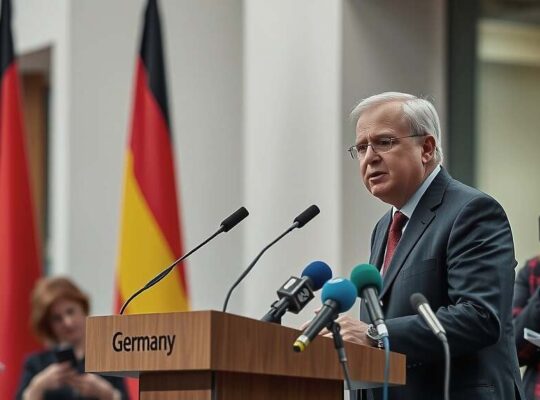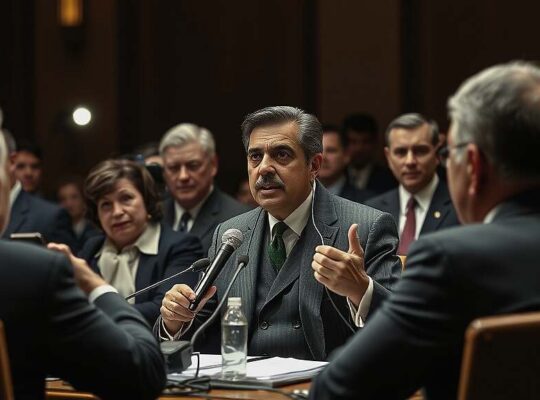The German government’s proposed overhaul of military service, particularly the significant pay increase for volunteers – a monthly salary of €2,600 – is raising concerns within the business sector about a potential exacerbation of the ongoing skills shortage. Achim Dercks, Vice President of the German Chamber of Industry and Commerce (DIHK), voiced apprehension that the financial incentive, coupled with the potential for future mandatory service, will intensify competition for skilled workers between the public sector and private industry.
While acknowledging the rationale behind the Bundeswehr’s reform aims, business leaders are stressing the need for a holistic approach that integrates military service, vocational training and the broader labor market. The core argument is that skills acquired during military service – such as driving licenses, professional certifications and career guidance training – should demonstrably benefit soldiers upon their return to civilian employment and bolster Germany’s economic competitiveness.
Holger Schwannecke, General Secretary of the Central Association of German Crafts (ZDH), echoed this sentiment, calling for close coordination between the government, the Bundeswehr and the business community. He proposes collaborative models designed to facilitate a transition from military service to skilled trades after completion of duty, suggesting this would increase the Bundeswehr’s attractiveness while minimizing the permanent loss of vital workforce contributors to the economy.
The debate underscores a burgeoning tension: the imperative to strengthen national defense capabilities versus the already fragile state of Germany’s labor market. The proposed financial package, while intended to attract recruits, risks further depleting the pool of skilled workers needed to sustain key economic sectors, necessitating a more nuanced and integrated strategy than currently envisioned. A failure to address this potential conflict proactively could significantly undermine the long-term viability of both the nation’s defense ambitions and its economic stability.












